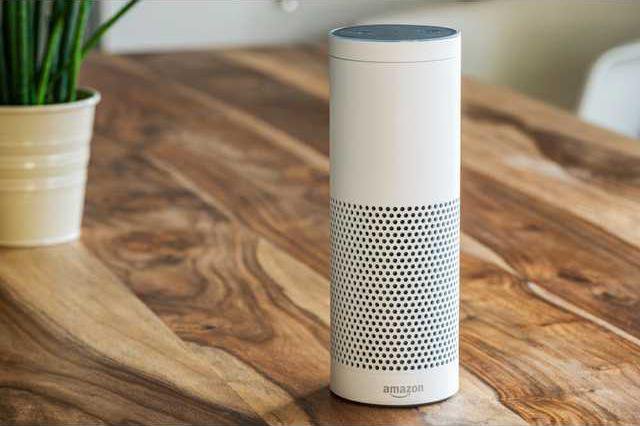Last week, multiple reports came out about how an Amazon Alexa device recorded a familys conversation and shared it with someone in the familys phone contacts. Amazon later confirmed the report, saying it happened, even though it is an extremely unlikely event.
But those who fear that their Amazon Alexa is recording them now have a way to delete any saved information.
According to LifeHacker, Alexa users can inspect their own history and delete items they dont want to be saved with their account.
Here are the steps:
You can also manage the content on Amazons official website.
According to The Verge, Amazon holds on to these conversations to personalize your Amazon Alexa experience.
Specifically, the device uses them to create an acoustic model of your voice. While it does automatically create a voice profile for each new user it recognizes (or ones youve manually added), the company says it deletes acoustic models if it has not recognized any particular user for three years, the Verge reported.
But those who fear that their Amazon Alexa is recording them now have a way to delete any saved information.
According to LifeHacker, Alexa users can inspect their own history and delete items they dont want to be saved with their account.
Here are the steps:
- Launch Alexa app on your phone.
- Tap the hamburger symbol at the top (the three lines at the top).
- Tap Settings.
- Tap History.
You can also manage the content on Amazons official website.
According to The Verge, Amazon holds on to these conversations to personalize your Amazon Alexa experience.
Specifically, the device uses them to create an acoustic model of your voice. While it does automatically create a voice profile for each new user it recognizes (or ones youve manually added), the company says it deletes acoustic models if it has not recognized any particular user for three years, the Verge reported.








